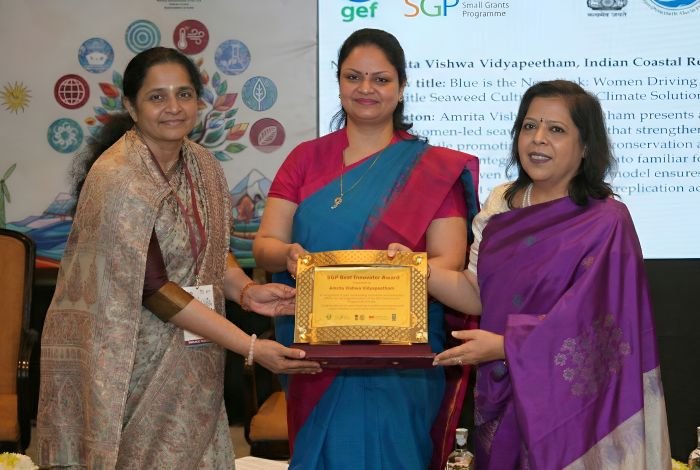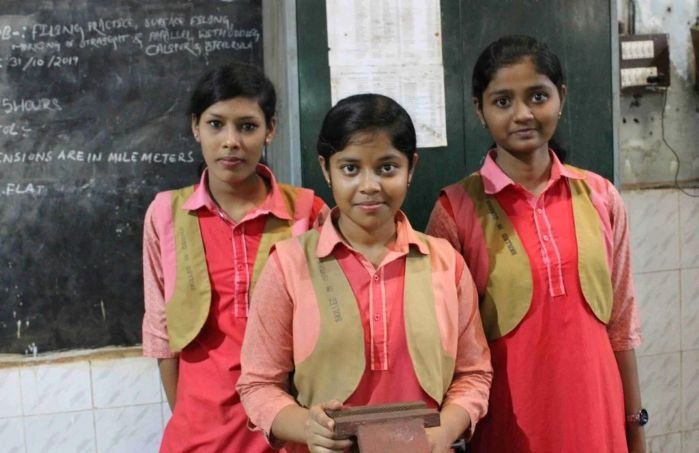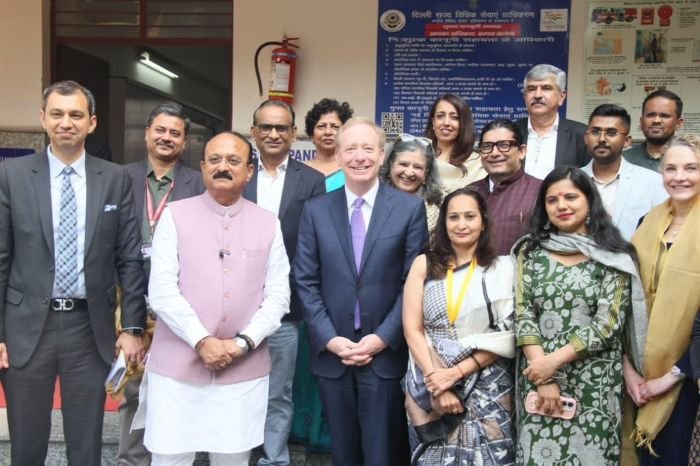
EdTech Consortium (IEC) to observe and adhere to a common ‘Code of Conduct’ and establish a Two-tier Grievance Redressal Mechanism to ensure that the positive impact of the industry reaches every deserving consumer while protecting their interests and promoting their rights.
Aligned with the Government’s recent advisory, the IEC will ensure that every learner shall have access to quality and affordable education, which not only improves their academic performance but also makes them future-ready. As the sector and end users grow at a fast pace, it is felt that it is critical to establish a standard code of conduct for all Indian EdTech entities to adhere to and ensure that ‘learners’ remain at the core of all the business practices.
Those EdTech entities that have joined the IEC include Byju’s, Careers 360,Classplus, Doubtnut, Great Learning, Harappa, Times Edutech & Events Ltd, Scaler, Simplilearn, Toppr, Unacademy, upGrad, UNext Learning, Vedantu & WhiteHat Jr.
The move to set up IEC comes at a time when Indian EdTech players are creating immense value for the global audience. The disruptions led by the pandemic and subsequent lockdowns compelled both parents and educational institutions to implement tech-enabled learning solutions, thereby accelerating the growth of the EdTech sector.
Subho Ray, President, Internet and Mobile Association of India, said: “IAMAI and members of the India EdTech Consortium (IEC) are deeply committed to ensuring ethical standards to protect learners on online educational platforms. IEC seeks to empower the learners by not just helping them make informed decisions but by also having their grievances redressed timely. The formation of this self-regulatory body is an important step towards protecting learners as more and more students, teachers and stakeholders are becoming a part of the online education ecosystem.”
Indian EdTech operators have been solving for accessibility and affordability through quality courses from best teachers, instructors and faculty members, to ensure that students across all age groups are benefiting from the innovation in the education sector. This has elevated India’s position on the global map as an education hub. The overall Indian EdTech ecosystem impacts over 500M+ school students, college students and working professionals across India. At this scale, it is critical that the ecosystem follows a framework that will protect the rights of our learners and all EdTech companies are committed to this.
Vamsi Krishna, Co-Founder & CEO, Vedantu, said, “The Indian EdTech sector has grown considerably over the last two years with funding and consolidations strengthening the ecosystem. However, while business growth is critical, so is consumer protection since this will allow students and parents to make more informed decisions about the future. Therefore, as part of the newly institutionalized IEC, we will build a sounder and more ethical ecosystem for students so that we can ensure their safety and mitigate any risks they may encounter in their journey to be future-ready.”
Mayank Kumar, Co-Founder & MD upGrad and Co-Chairperson, IAMAI EdTech Committee, said, “We are honored to be a part of the IEC at a time when the EdTech sector is accelerating its growth momentum. The last two years have witnessed the rise of online education as a connecting bridge to access flexible and quality education for students as well as working professionals. With the sole purpose of improving the delivery of education services, it is now crucial for us to foster and sustain stakeholder trust by safeguarding their interest as a practice. This initiative will go a long way in strengthening the EdTech sector and establishing India as the Teaching capital of the world.”








